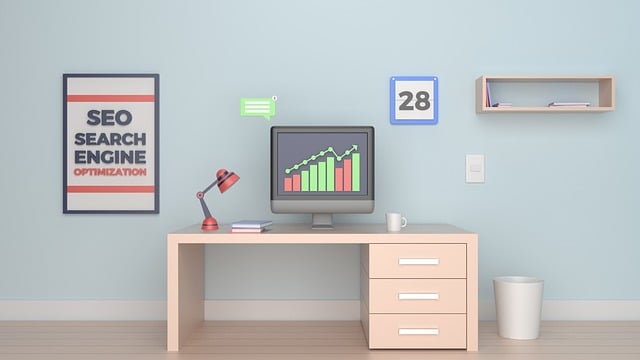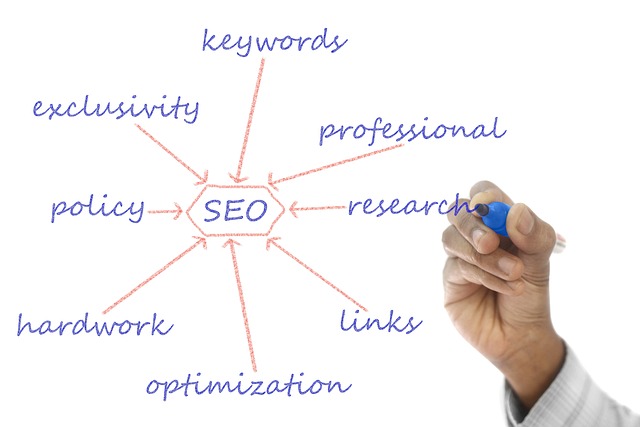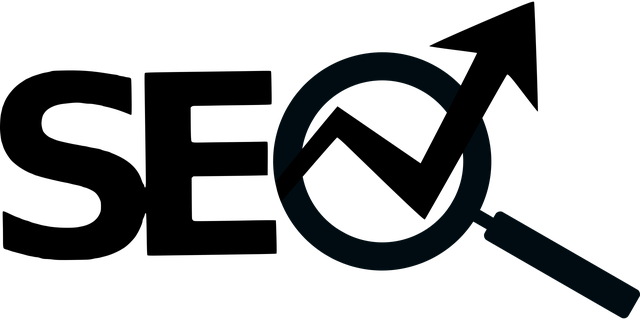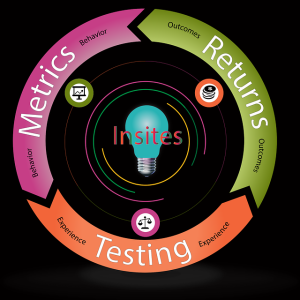Off-Page SEO is a strategic process that builds authority and credibility with search engines like Google through actions outside your website. It involves activities such as link building, social media engagement, and influencer collaborations to create a positive backlink profile, which signals trustworthiness and improves rankings for competitive keywords. Key strategies include guest blogging, broken link building, and resource page optimization. External Link Building, a component of Off-Page SEO, enhances website authority by acquiring backlinks from reputable sources, driving organic traffic and boosting domain authority. High-quality backlinks from relevant websites are crucial, and identifying them through research and tools ensures their value. Creating engaging content attracts natural backlinks, while prioritizing ethical link building prevents penalties and maintains reputation. Measuring success involves tracking metrics like domain authority, page authority, and referral traffic, with regular assessments optimizing strategies for improved online visibility and authority. Link profiling using tools like Ahrefs helps identify high-authority sites linking to competitors, offering opportunities to build quality backlinks naturally through strategic efforts.
External link building is a vital component of off-page SEO, influencing search engine rankings significantly. This strategy involves acquiring backlinks from reputable external sources, enhancing your website’s authority and visibility. In this article, we’ll explore off-page SEO’s fundamentals and its impact on search algorithms. We’ll define external link building, outline key strategies, and discuss benefits, ethical practices, measurement techniques, and essential tools for successful implementation.
Understanding Off-Page SEO and Its Impact

Off-Page SEO refers to the actions taken outside your website to influence its search engine rankings. It’s a strategic process aimed at building authority and credibility in the eyes of search engines, primarily Google. Unlike On-Page SEO, which focuses on optimizing content within your site, Off-Page SEO involves activities that occur off your website, such as link building, social media engagement, and influencer collaborations. The primary goal is to create a positive backlink profile, where high-quality websites link to yours, signaling to search engines that your content is valuable and trustworthy.
The impact of Off-Page SEO cannot be overstated. Search engines, particularly Google, use backlinks as one of the critical factors in determining a website’s relevance and authority for specific keywords. Websites with a strong off-page profile tend to rank higher for competitive keywords, attracting more organic traffic. Additionally, Off-Page SEO helps to build brand visibility, influence industry perception, and establish your business as a thought leader in your niche. Effective link building strategies, such as guest blogging, broken link building, and resource page optimization, can significantly enhance your website’s online presence and drive long-term success in search engine results pages (SERPs).
Definition of External Link Building

External Link Building is a strategic process within the broader scope of Off-Page SEO, focusing on acquiring backlinks from external websites. These backlinks serve as digital references to your content, indicating its authority and relevance to search engines. By securing links from reputable and relevant sources, your website gains visibility and credibility in the eyes of both users and search algorithms.
This technique involves building relationships with other web owners or influencers in your industry, encouraging them to link back to your content naturally. Effective external linking can drive organic traffic, improve domain authority, and enhance your website’s overall search engine rankings. It’s a powerful tool to establish your brand’s online presence and foster a positive reputation within your niche.
Key Strategies for Effective Link Building

Benefits of High-Quality External Links

High-quality external links are a powerful tool in any digital marketer’s arsenal, offering significant advantages for enhancing your website’s visibility and performance. These backlinks, obtained from reputable and relevant sources, act as votes of confidence in the eyes of search engines. When top-tier websites link to yours, it signals to Google and other search algorithms that your content is valuable, trustworthy, and worthy of a higher ranking. Such links contribute to improved Off-Page SEO by increasing your site’s authority and trustworthiness.
Relevant high-quality external links can drive targeted traffic to your website, exposing your brand to new audiences and potential customers. They also help in establishing your online presence and credibility, as users are more likely to engage with content recommended by respected sources. This increased visibility can lead to better search engine rankings over time, making high-quality backlinks an essential component of any successful digital marketing strategy.
Identifying Reputable and Relevant Websites

When it comes to external link building, one of the critical steps is identifying reputable and relevant websites. This process is a cornerstone of effective Off-Page SEO strategies as it ensures that links acquired are of high quality and carry significant weight in search engine rankings. Start by researching sites within your industry or niche that enjoy established authority and a solid reputation among their audience. Look for resources that provide valuable information, well-researched content, and expert insights.
Check domain age, traffic volume, and the overall health of these websites to gauge their trustworthiness. Tools like Google Search Console and analytics platforms can offer insights into a site’s performance and popularity. Additionally, examining the backlinks of potential link partners can help uncover relevant, high-quality sites that align with your target audience and content themes. This meticulous approach ensures that every external link acquired contributes positively to your website’s SEO efforts.
Creating Engaging Content for Backlinks

Creating engaging content is a strategic move in off-page SEO, as it attracts natural backlinks from other websites. This involves crafting informative and captivating articles, blog posts, or infographics that offer genuine value to readers. By providing in-depth insights, unique perspectives, or entertaining reads, your content becomes shareable and worth linking to. For instance, creating a comprehensive guide on a niche topic can encourage industry influencers and relevant websites to link back to your source for reference.
To ensure engagement, focus on high-quality writing, incorporating relevant keywords naturally, and using visuals that enhance the user experience. Regularly updating your content calendar with diverse formats keeps your audience interested and increases the likelihood of organic backlinks. Remember, off-page SEO is about building relationships through shared value, so creating content that resonates with your target audience and industry peers is key to successful link acquisition.
Ethical Link Building Practices to Avoid

In the realm of Off-Page SEO, ethical link building practices are paramount to maintaining a site’s integrity and ensuring long-term success. While the temptation to employ aggressive strategies may arise, particularly in today’s competitive digital landscape, it’s crucial to avoid tactics that could harm your website’s reputation or result in penalties from search engines. Black-hat methods such as purchasing links, engaging in link farms, or using automated tools to generate low-quality backlinks can significantly damage a site’s authority and lead to banishment from search engine results pages (SERPs).
To navigate this landscape responsibly, focus on building high-quality backlinks through natural means. This includes creating compelling, shareable content that attracts organic links; collaborating with industry influencers and relevant websites for guest blogging opportunities; and engaging in strategic outreach, where you reach out to other site owners or influencers with genuine requests for links based on mutual benefit and value exchange. Remember, the goal of Off-Page SEO should be to earn respect and authority within your niche through ethical, sustainable practices.
Measuring and Analyzing Off-Page SEO Success

Measuring off-page SEO success involves tracking key metrics that showcase your website’s online authority and visibility. Tools like Google Search Console and analytics platforms provide insights into the effectiveness of your external link-building efforts. Monitor backlinks from reputable sources, as these carry more weight in search engine algorithms. Keep an eye on metrics such as domain authority (DA) and page authority (PA), which indicate a site’s overall health and the quality of links pointing to it.
Regularly analyze referral traffic from these external sources. This data reveals where your audience is coming from and helps identify successful link-building strategies. Additionally, keep tabs on organic search rankings for target keywords; improvements in ranking position can directly correlate with off-page SEO success. By consistently assessing these factors, you can refine your approach and ensure that your external link-building tactics are driving tangible results.
Tools and Techniques for Efficient Link Profiling

Link profiling is a crucial aspect of off-page SEO, allowing marketers to gain insights into their website’s link ecosystem. Advanced tools like Ahrefs, SEMrush, and Moz offer comprehensive analyses of backlinks, including their quality, quantity, and source. These platforms help identify high-authority sites linking to competitors, enabling strategies to acquire similar links. By leveraging such tools, professionals can uncover valuable opportunities for building high-quality backlinks naturally.
Techniques include monitoring competitor link profiles, analyzing anchor text distribution, and identifying broken links on relevant websites that can be replaced with your content. Additionally, guest blogging, strategic collaborations, and creating shareable assets like infographics or research studies can attract natural links from reputable sources. Keeping an eye on industry trends and participating in online discussions also foster organic link-building opportunities, enhancing a website’s Off-Page SEO performance.
